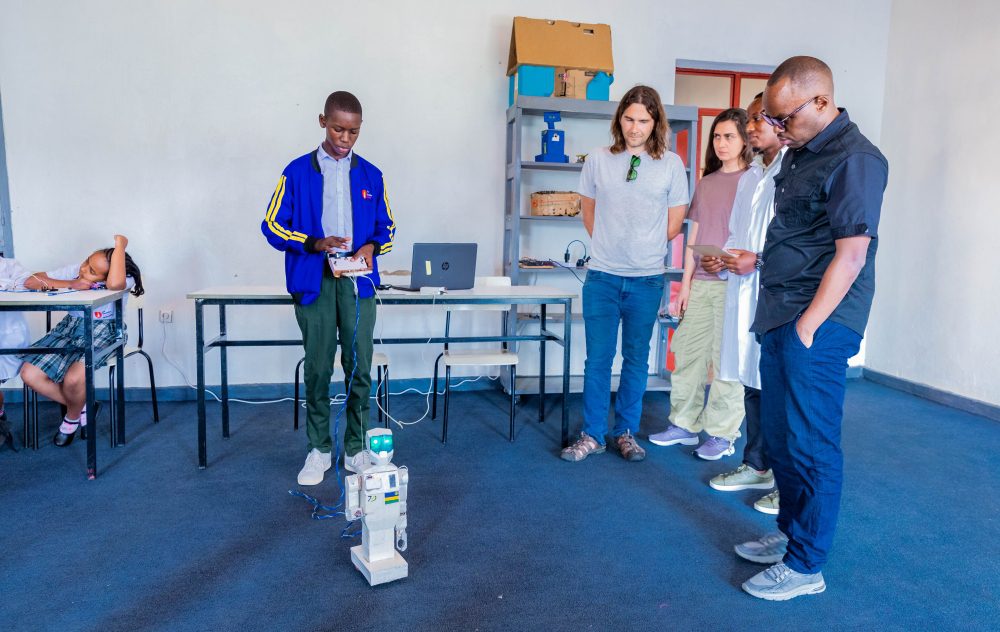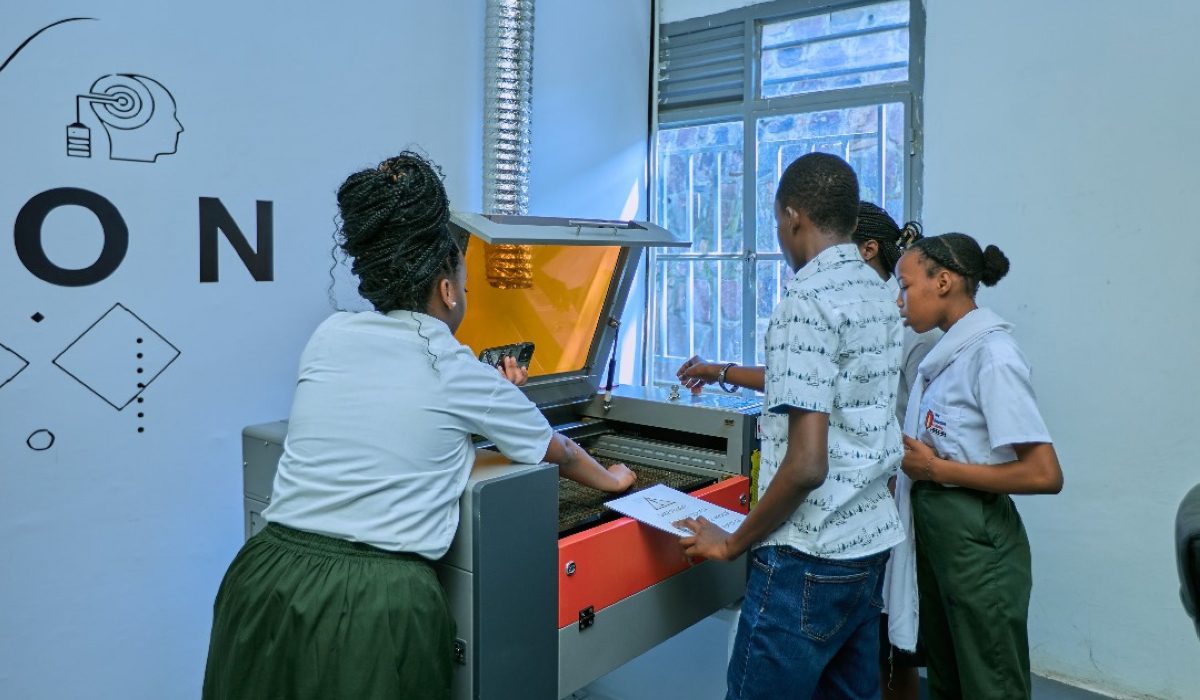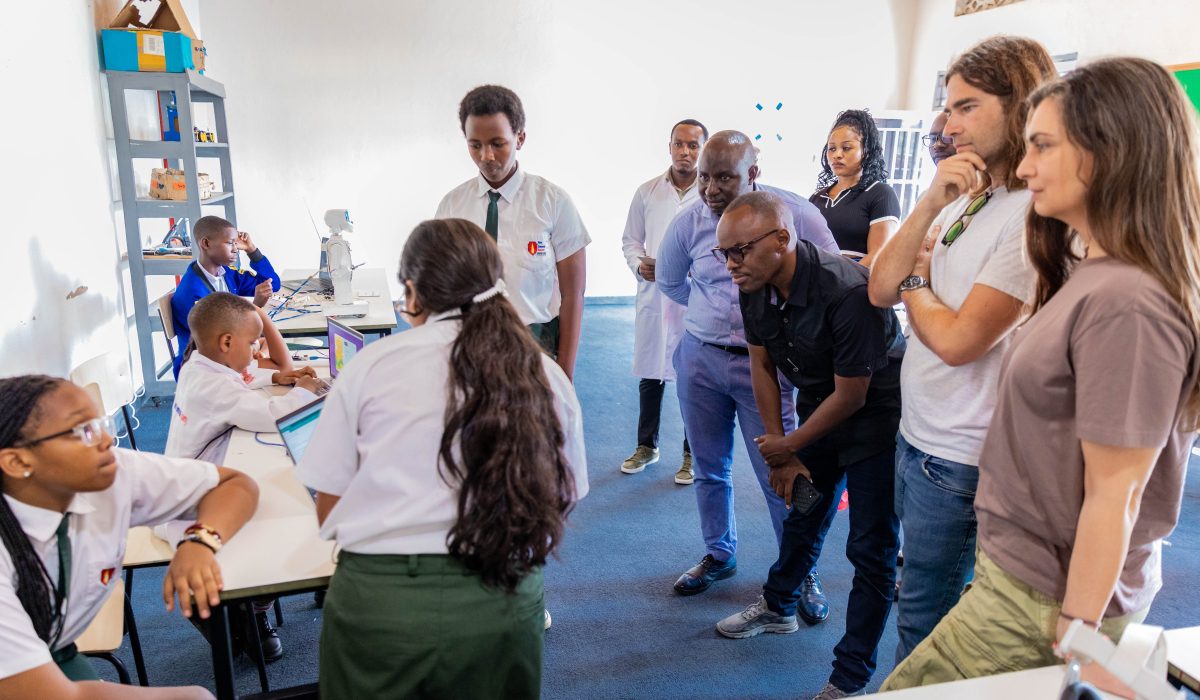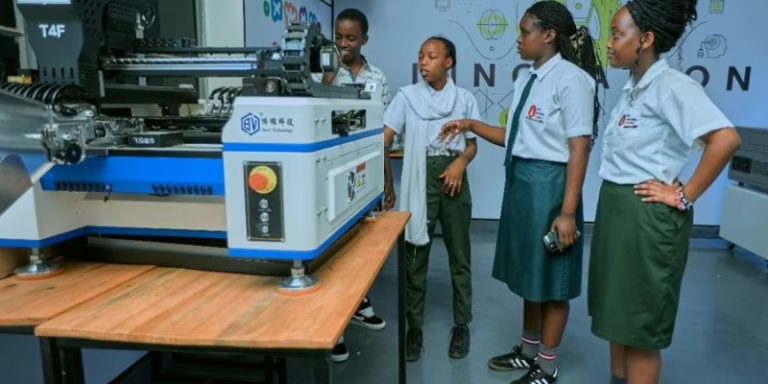Rwanda has taken a significant step by officially endorsing its first private institution to offer accredited training in high-demand technology disciplines as a formal trade qualification.
Located in Kimihurura, Kigali, the New Generation Academy (NGA) has received government authorization to provide specialised courses in software development and embedded systems. This recognition positions NGA as the only private school in Rwanda permitted to deliver these vital programs, which are crucial for advancing the nation’s digital transformation.
This milestone complements the government-operated Rwanda Coding Academy (RCA) by expanding the capacity to nurture tech talent, thereby accelerating Rwanda’s ambitions in the digital economy.

Jean-Claude Tuyisenge, the Founder and Managing Director of NGA, highlighted that this accreditation directly addresses the country’s urgent demand for skilled software developers.
He explained that the limited enrollment capacity at the highly selective RCA had previously left many gifted students, including those following international education systems, without access to specialised tech training.
“We are thrilled to introduce a programme that was once exclusive to Rwanda Coding Academy. Due to RCA’s limited intake and the overwhelming interest from talented learners, many were unable to participate. Moreover, students pursuing international curricula often found it challenging to gain entry into this program,” Tuyisenge remarked.
He further emphasized that this achievement is not only a milestone for NGA but also aligns with Rwanda’s broader goal of becoming a technological and innovation hub in the region.
“We sincerely appreciate the Government of Rwanda for pioneering the Rwanda Coding Academy, the first of its kind in Africa. We are honoured by the confidence placed in us to be the inaugural private institution to offer this programme,” he added.

NGA’s Trailblazing Contribution to Technology Education
New Generation Academy is carving out a leadership role in Rwanda’s mission to cultivate a digitally proficient generation. This is rooted in its longstanding commitment to integrating technology into early education.
Offering education from nursery through secondary levels, NGA has traditionally embraced a Christian-based, experiential learning approach. From the earliest grades, students engage with coding, robotics, and STEM (science, technology, engineering, and mathematics) subjects, fostering a hands-on learning environment that encourages active problem-solving.
This methodology prioritizes learning through practical application rather than passive listening, laying a strong foundation for technical expertise and critical thinking.
Demonstrating its dedication to innovation, NGA recently welcomed a distinguished delegation from the International Olympiad in Artificial Intelligence (IOAI), UNESCO, and Rwanda’s Ministry of ICT and Innovation on November 19, 2024.
The visit coincided with Rwanda’s designation as Africa’s first IOAI hub. Following the Cambridge curriculum, NGA is at the forefront of embedding AI education across all levels, from nursery to secondary school.

During the visit, students demonstrated AI-driven innovations such as robotics, drone technology, and automated traffic control systems, underscoring the academy’s commitment to mastering cutting-edge technologies.
This forward-thinking integration of AI education, still emerging across Rwanda, is critical for preparing students to excel in international technology and AI competitions.

Objectives of the Newly Accredited Trade Programme
The primary aim of this newly accredited trade course is to equip students with the skills necessary to thrive in competitive, technology-driven careers worldwide.
The curriculum is meticulously crafted to develop proficiency in core technical competencies alongside critical problem-solving skills. By concentrating on programming and embedded systems-which power smart gadgets, robotics, and automation-students acquire expertise that is highly sought after in the global tech market.
NGA ensures that instruction is delivered by educators with substantial industry experience, who guide learners through hands-on, project-based activities.
This approach guarantees that graduates are not only theoretically knowledgeable but also job-ready, capable of seamlessly transitioning into professional roles or pursuing advanced studies in technology fields.
At its core, this initiative supports the government’s vision of positioning Rwanda as a regional technology leader. By expanding the number of locally trained, certified software engineers, NGA contributes to reducing dependence on foreign specialists while fostering homegrown innovation and entrepreneurship.
Read also: Rwandan e-motorbike manufacturer Ampersand secures funding to expand across East Africa























0 Comments